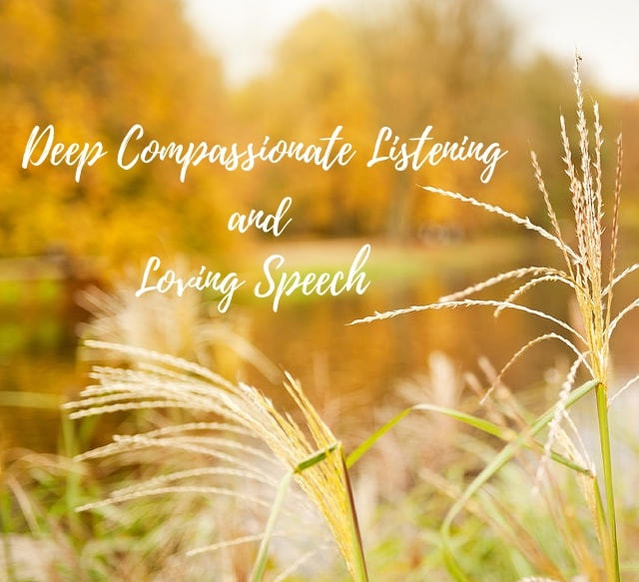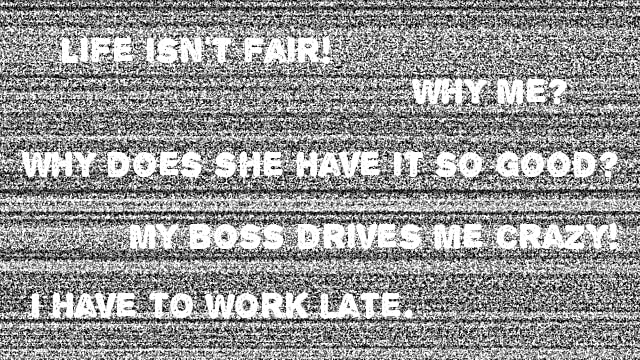I was indeed learning and growing, but I wasn't intentionally working at it, or focusing on growing, or determining where I wanted to focus my attention. I was focused on the tasks at hand. Yes, growth came a long with it and yes, I had goals, but as I reflect back my growth goals centered around my career and what was needed to grow and change in my career. I didn't spend much time focusing on my own personal growth. I reacted to what happened in life, and at times not in a way that I felt good about.
It was fairly easy to have years slip by without really stretching myself. Operating under the same status quo, having some of the same personal experiences happen over and over. Growing and stretching takes an openness, a willingness to put forth some extra effort. A willingness to own that you have some things that you can work on to grow and expand yourself.
Certainly, some stages in life are more demanding of your time and energy and it's hard to do more than just survive, but mostly our busyness and our priorities are dictated by us. We can always make room for something if we make it a priority. I think it's important that we make growing a priority. It doesn't have to be huge, but taking a step each day to focus on our personal growth. Even if it's just reading a short paragraph, or watching a short video clip, or reading a blog post, maybe picking up supplies for a new hobby. Whatever it is, no matter how small it may seem, focusing intent effort on how to grow a little bit each day.
I once heard a suggestion that ten cents from every dollar you earn should go to help someone else, and ten cents from every dollar you earn should go to help invest in yourself. Tithing for yourself, to help you grow and improve, what an awesome concept! Maybe to help you attend a personal growth seminar or a retreat that you've had your eye on, or to participate in a mission trip, or to take a class on painting, or to purchase tools for your new hobby, or even to take a vacation. Investing in yourself, I love it! We think about investing in our future all the time don't we? Investing to buy a house, investing for retirement, investing for college funds, is there an account in there for yourself? I love the idea of investing in our future selves.
I believe that we are students of life. We are here growing, learning lessons, experiencing, remembering. Let's work to not become personally stagnant. Let's not risk losing track of who we are and what our soul needs in the busyness of life. I invite each of us to carve out time for to grow and shift and change and expand and learn each day. Some days in big ways and some days in small ways. I love this saying and I don't know who said it, "Each day try to be better than you were yesterday and tomorrow be better than you were today."




 RSS Feed
RSS Feed
